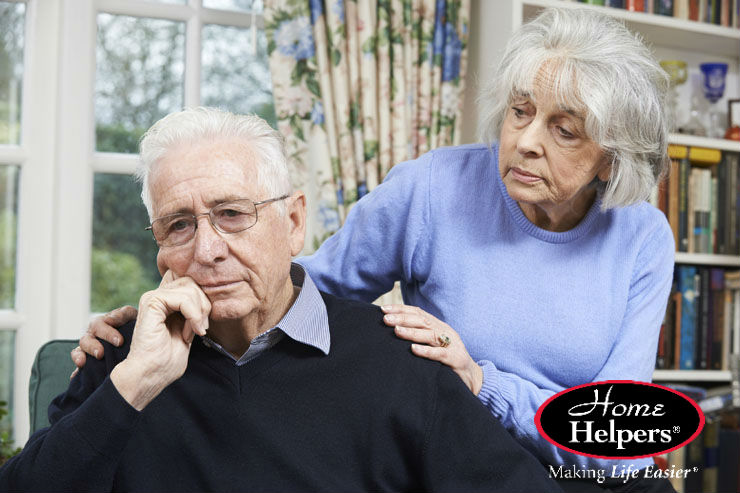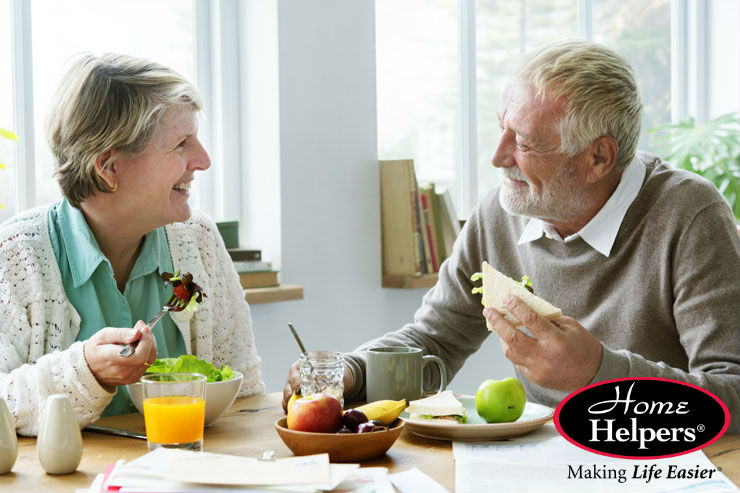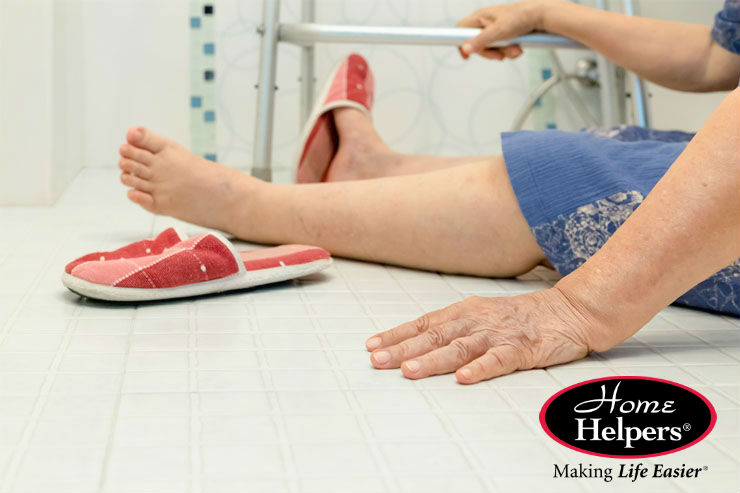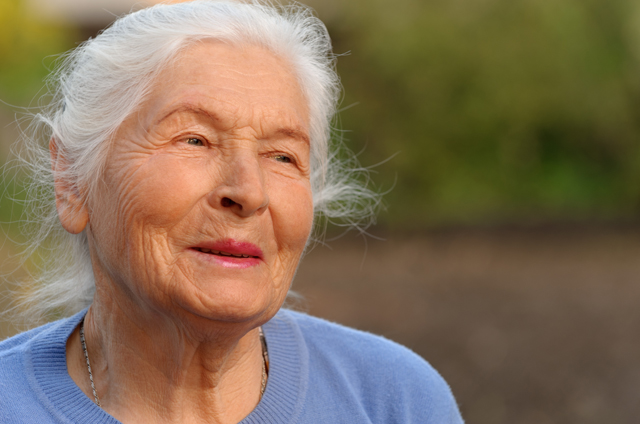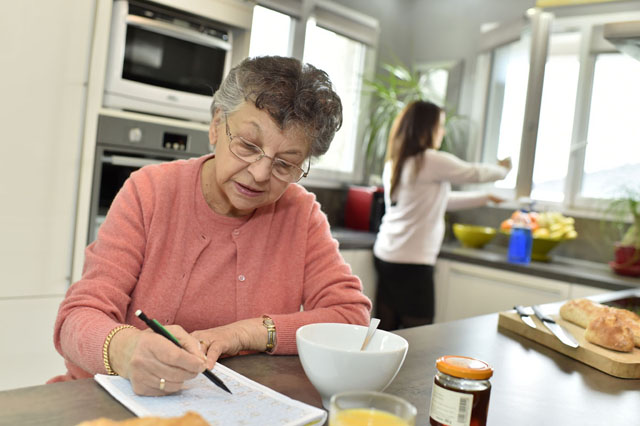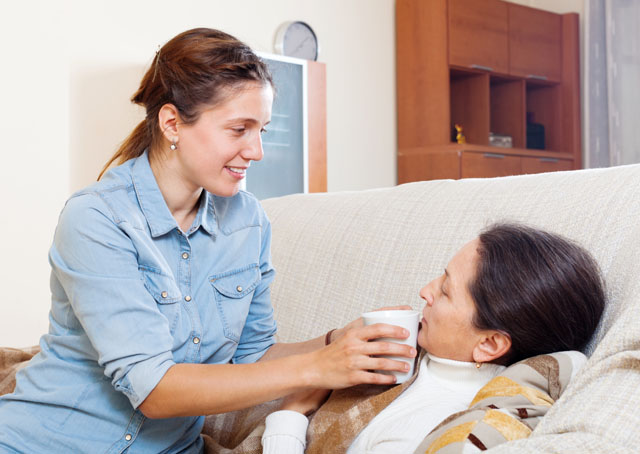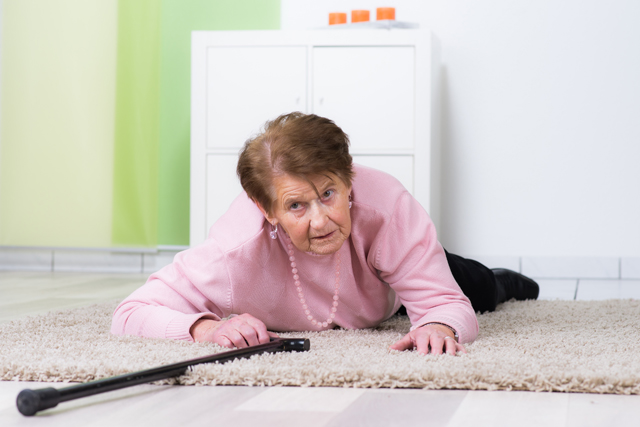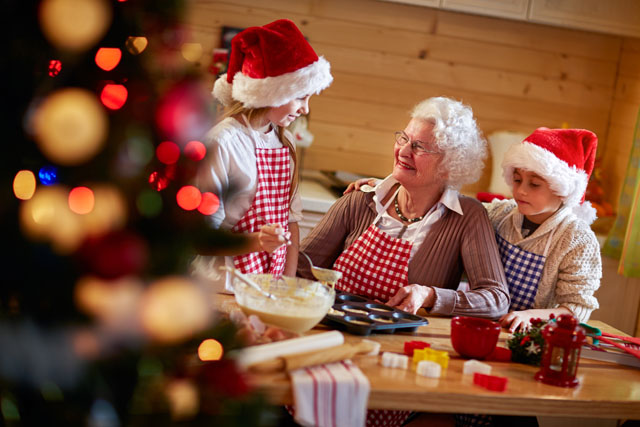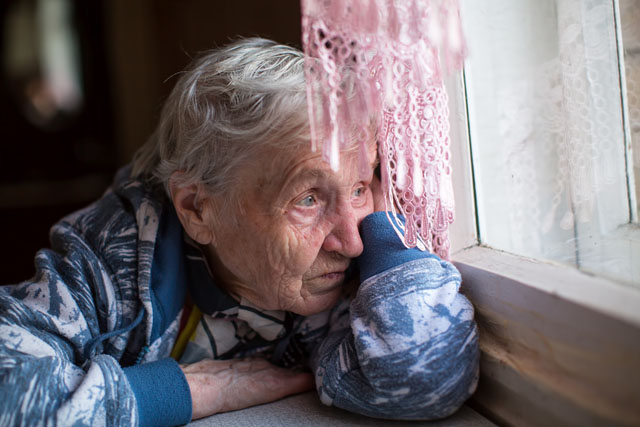While genetics and age can greatly affect the risk of developing dementia, they aren’t the only factors involved. Dementia can be a debilitating and scary situation, and as with most health issues, knowledge is power. You may not be able to do anything about your genetics but there are definitely things you can do to help improve your odds. They may seem simple, but they are powerful—things like getting adequate exercise, eating a proper diet balanced with plenty of fruits and vegetables and generally keeping your mind healthy and sharp.
Age and Genetics: The Factors You Can’t Control
The Alzheimer’s Association has told us for many years that the biggest risk factor in developing dementia is simply getting older. We certainly can’t prevent that, so we have to live the healthiest lives possible to give ourselves the best chance possible for avoiding the onset of dementia and/or Alzheimer’s Disease. Our risk for dementia doubles for each 5 years beyond the age of 65. While it can be a bit scary, it doesn’t have to be. Here are a few physical factors that could put you at risk:
Your Physical Risk for Dementia
We all know that adequate exercise keeps our bodies in shape, but did you know that it also keeps your mind sharp? 2-30 minutes of physical activity each day will do wonders for lowering your risk for dementia. This is not a guessing game—it’s proven science! The truth is that those who exercise regularly have a significantly increased amount of gray matter than those who don’t.
Increased odds also include having too slow of a gait, a weak grip, and a problem with balance.
Psychological Risk Factors for Dementia
There are some psychological risk factors for developing dementia. These would include depression that comes later in life and feelings of worthlessness. It’s important to keep seniors active and mentally engaged in everyday life.
Health Risk Factors that Contribute to Dementia
Maintaining a good healthy lifestyle is huge in preventing dementia. The good news is that we have a lot of the control when it comes to our overall health. There are things you can do and avoid to decrease your odds of developing dementia. These include, but are not limited to:
- Limit Alcohol use
- Keep your arteries clear by eating a healthy diet
- Regularly check your cholesterol levels
- Make sure you are not at risk for diabetes and if you do develop the disease, keep it under control
All of these things will go farther than you might think in preventing Alzheimer’s and dementia.
If you have more questions or comments, please call today!

